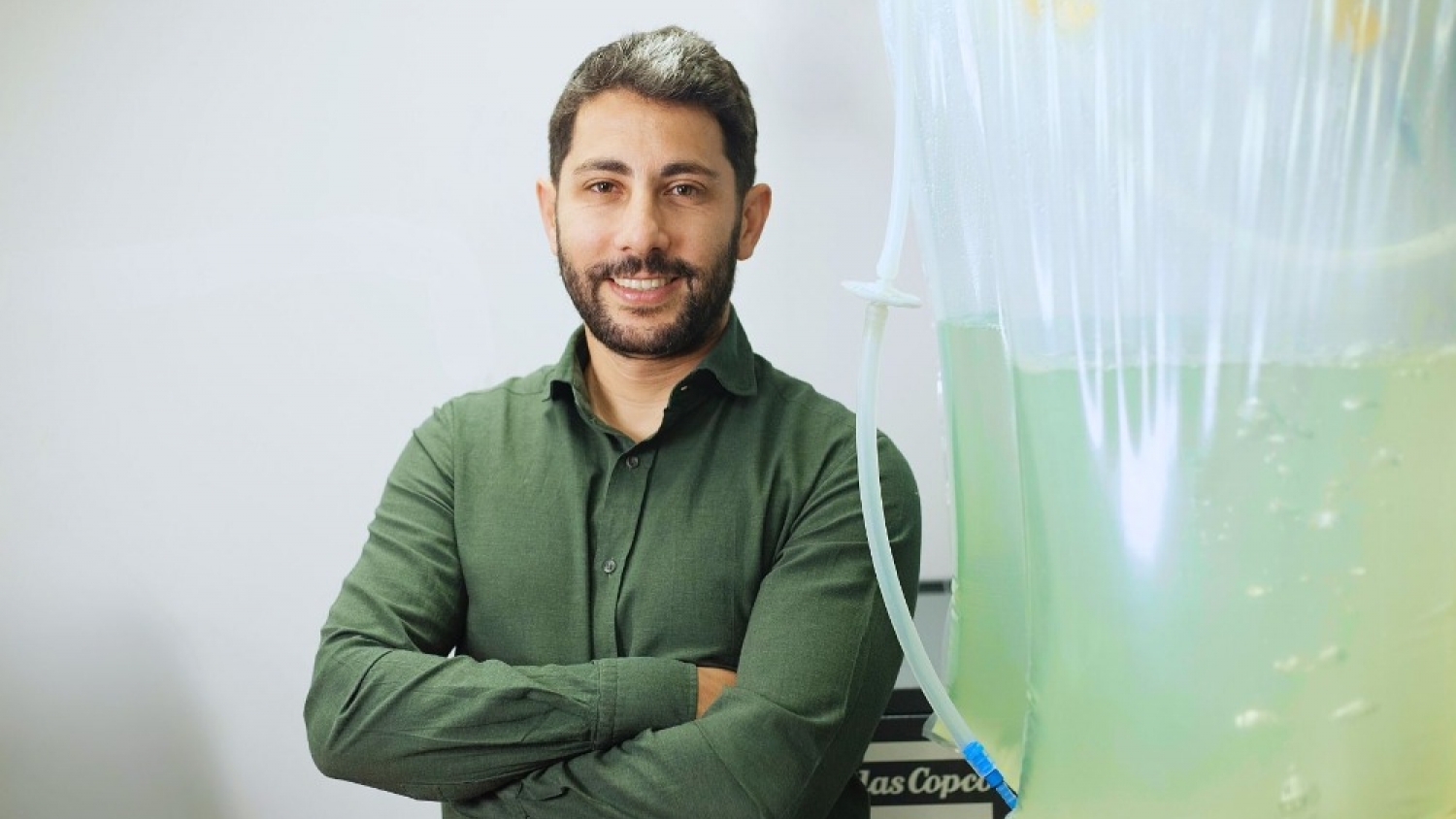
By Agroempresario.com
Israeli startup Asterix Foods announced a $4.2 million funding round to scale production of animal proteins through an innovative plant cell culture system. The financing was led by CPT Capital, with support from Grok Ventures, ReGen Ventures, and SOSV.
Dan Even, founder and CEO of Asterix Foods, told Agroempresario.com that the funds will allow the company to expand its team and establish pilot-scale production to deliver samples to the food industry.
In the foodtech sector, several startups focus on producing animal proteins through precision fermentation, using microbes such as yeast or fungi. However, Asterix Foods has taken a different path — plant cell culture — promising a faster, more cost-effective production process.
Instead of cultivating entire plants, Asterix grows plant cells in suspension within specialized bioreactors. This method, Even explains, is more efficient for producing functional glycoproteins, which are essential for food applications.
"Glycoproteins, such as lactoferrin or ovomucoid, require precise glycosylations to fold, recognize, and bind correctly, ensuring functional performance in foods," said Dan Even.
He added, "To unlock the second wave of animal-free proteins, we use plant cells because they can achieve glycosylations that microbial fermentation struggles to reproduce."
Even pointed out that microbial fermentation works well for simple proteins such as beta-lactoglobulin but has limitations when producing complex glycoproteins. Plant cells have a glycosylation machinery closer to that of mammalian cells, offering a significant advantage for such proteins.
Founded in 2022 and a participant in the IndieBio acceleration program, Asterix Foods believes its approach can offer a cheaper, faster, and simpler production process.
"We use low-cost bioreactors made with reusable plastic bags sterilized with gamma radiation," Even explained. This system is less expensive and less complex than industrial stainless steel systems used in microbial fermentation, which require high maintenance and cleaning costs.
Asterix plans to install small bioreactors ranging from 1,000 to 2,000 liters, costing just a few hundred dollars each — far less than the millions required for traditional bioreactors. This could allow industry partners to test the market with lower initial investments.
"We could offer partners ten simple bioreactors for a minimum investment of $1–2 million, so they can evaluate the potential and expand quickly," said Dan Even.
The system can operate at room temperature, reducing energy consumption and requiring less monitoring and equipment. "We can work in continuous mode, sterilizing units only once or twice a year, reducing downtime to about one month annually," he added.
Even emphasized that producing proteins in a closed plant cell culture system avoids certain regulatory challenges related to allergen management. This is a key advantage compared to traditional molecular agriculture, which involves genetic engineering in whole plants.
Additionally, Asterix’s process simplifies downstream processing by secreting proteins directly into the culture medium, lowering costs and complexity — a decisive factor for economic viability.
Asterix Foods’ long-term vision is to license its patented technology to ingredient producers, dairy companies, and other food businesses. The goal is to provide bioreactors, cell lines, and the full production process while partners handle manufacturing.
"This model can be applied anywhere in the world, ideally integrated into our partners’ existing facilities," said Dan Even.
The $4.2 million investment will enable Asterix Foods to strengthen its team of scientists and engineers and advance toward a pilot phase. The company is positioning itself as an innovative player in the alternative protein sector, with potential to impact the global dairy and food industry.
With headquarters in Israel and international partnerships, Asterix enters a growing market where demand for sustainable, animal-free solutions is increasing. Its approach aims to reduce costs, optimize processes, and offer a competitive alternative to traditional microbial fermentation.
Asterix Foods’ bet represents not just a technological advance but a strategic proposal to transform animal protein production, offering more sustainable and accessible solutions for the global food industry.
